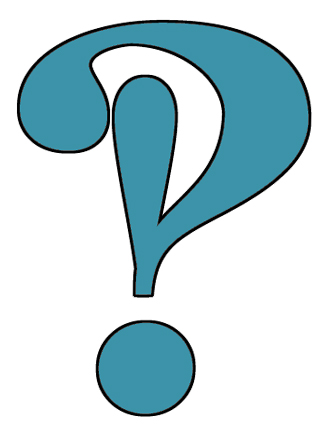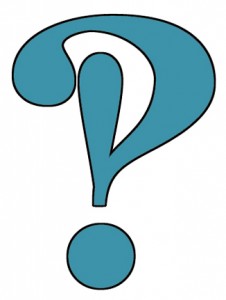 The origins of punctuation date back to ancient Greece, when dramatists like Aristophanes found a need to visually indicate pauses to actors reading and learning scripts. A system of dots, arranged vertically, revealed the length of the pause required to achieve the perfect breathing rhythm and dramatic effect.
The origins of punctuation date back to ancient Greece, when dramatists like Aristophanes found a need to visually indicate pauses to actors reading and learning scripts. A system of dots, arranged vertically, revealed the length of the pause required to achieve the perfect breathing rhythm and dramatic effect.
Over 2,000 years later, punctuation still serves essentially the same purpose. Although most words are now written to be read silently to oneself, punctuation continues to tell us how to hear the words in our heads. A few well-placed dots and squiggles let us know when to pause or change inflection.
Having been free to evolve for more than two millennia, punctuation’s bag of tricks unsurprisingly became pretty comprehensive long ago. New punctuation marks rarely emerge blinking into the sunlight. Most disappear from view again almost at once. Rare indeed is the punctuation mark that captures the public’s imagination and becomes part of common English usage. The last example was arguably the introduction of the quotation mark to denote direct speech in the early 18th century. However, in this world of texts and Twitter, where so much casual conversation is actually written rather than spoken, perhaps one or two forgotten punctuation marks deserve another chance.
Take the interrobang (‽), for example, which, as the name and look suggests, literally combines the interrogation of the question mark with the dramatic stress (or ‘bang’ if you prefer) of the exclamation mark. Introduced in 1967 but hardly ever seen today, surely the interrobang deserves a renaissance for rhetorical exclamations like: “WTF‽” and: “He said what‽”.
And how about a campaign for the use of the wonderfully named sarcastrophe? With office politics meaning peace is often a fragile commodity in the corporate world, friction can easily surface if a well-intentioned email is misinterpreted. A sincere expression of gratitude, like: “You were a great help”, could be seen as a sarcastic rebuke if the over-sensitive reader is having a bad day. Without the tell-tale inflections of speech, irony can easily be overlooked, or mistakenly perceived, when words are simply written down. Unleash the sarcastrophe (^), however, and all becomes clear. The phrase: “You were a great help” offers genuine thanks, but: ^You were a great help^ leaves the recipient in no doubt that their efforts were worse than useless.
Given that punctuation ultimately exists to improve the clarity of communication, it seems odd that something as potentially useful as the sarcastrophe has never really taken off. Perhaps it was a victim of its own success, hoist by its own petard? “The sarcastrophe – oh, yes, that’s a ^really good^ idea.”








